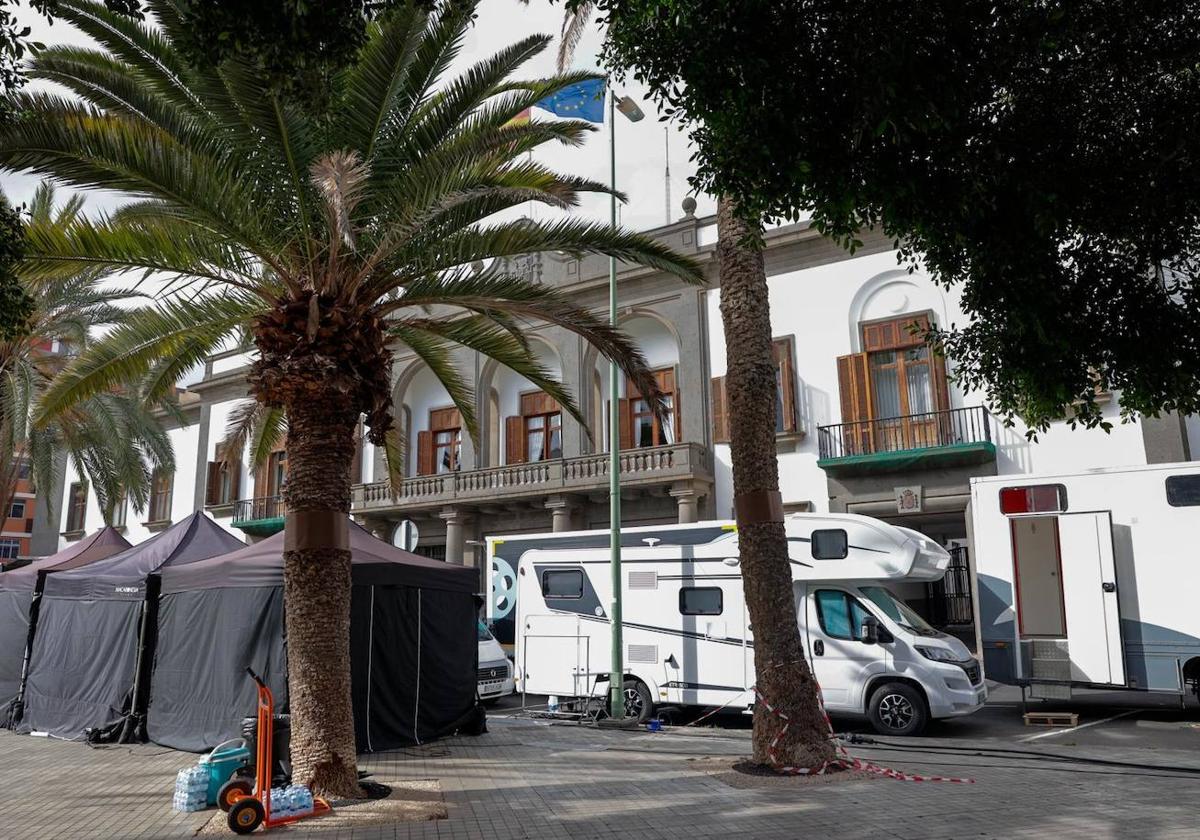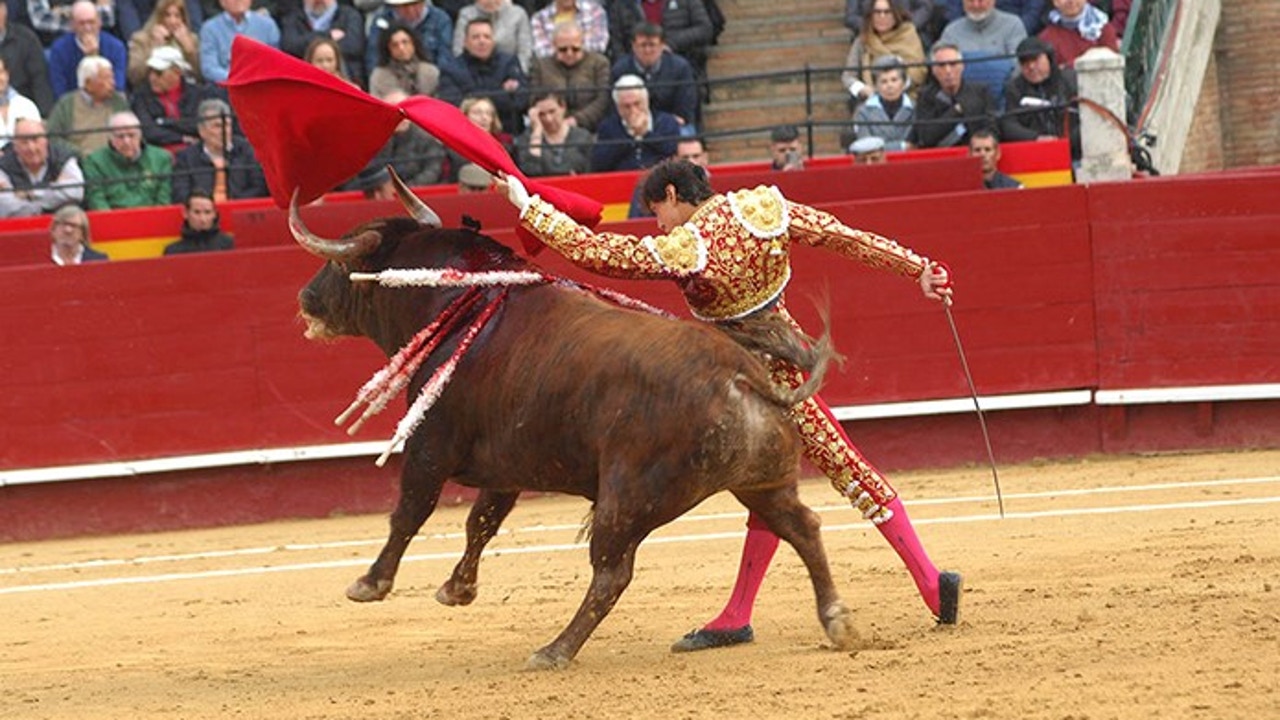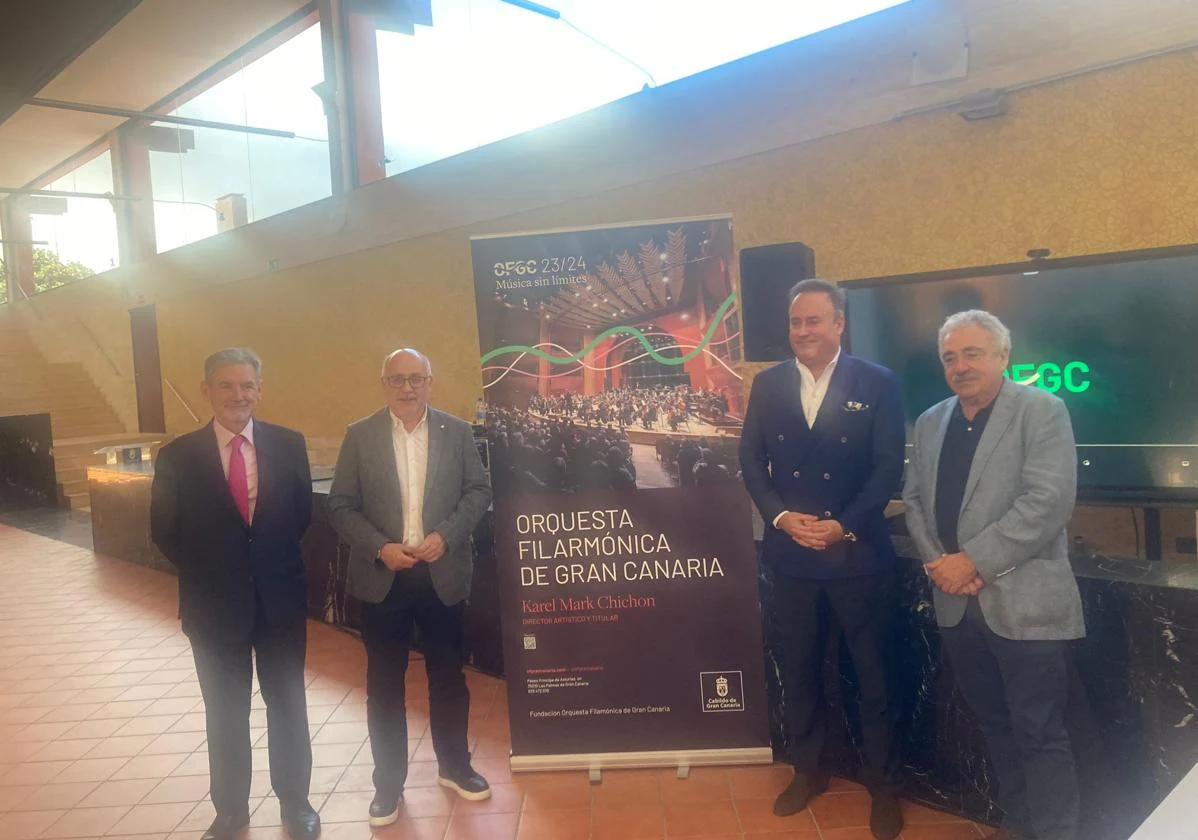'Los rotos', how social origin influences the life of the working class

The journalist Antonio Maestre, columnist for elDiario.es, and author of essays such as Infames. The setback of Spain (Plan B, 2020) or the best seller Franquismo SA (Akal, 2019), presents a new book entitled Los rotos. The open seams of the working class (Akal, 2022), in which he presents "a mournful song to a life from below", as his editorial says.
It is a personal, intimate and subjective vision of how social origin influences the life of the working class. A life “in constant patchwork”. For the author, "the broken ones" are not only the workers but also "the constant destruction of a popular existence", the harshness of life, "as a kelly at the end of the shift”, says Maestre as an example.
Spending two hours a day on public transport to go to work, in the waiting room of an outpatient clinic or in the unemployment line. Grief for colleagues killed by work accidents or damaged by mental illnesses that cause stress, insecurity and job insecurity.
“There is nothing stable, concrete and unbreakable in the existence of a working life. Cracks are part of normality, they are something to get used to without that feeling of fragility ending up demolishing confidence. Darning is an artisan way of alleviating the passage of the existence of the working class, because there is no humble life without that visible warp”, says the editorial in its presentation.
family heritage
Master part of your family history. He alludes, for example, to his grandfather Hilario, 'El Camuñas', whom he never met, and who was a Republican who fought in the Civil War against the fascists and lost several fingers of one hand due to the explosion of a grenade " who took away his knack and gave him the nickname, "he says. But he was also "a wretch" and "an abuser." “If there is poverty in the family, there will be associated difficulties that can disrupt coexistence; material needs will determine the possibilities that minors have. If there is abuse in the family, it can never be the idyllic place that allows progress in society from a humble environment, because the factors that enable the healthy development of a minor in a family transcend the economic ones ”, analyzes the author in the work of the.
In the book, Maestre does a memory exercise going through the biographies of his ancestors that were transmitted to him by family. In addition to his grandfather, also his grandmother, and his parents. The author is convinced that these stories shaped his identity, forged his childhood in a working-class neighborhood that allowed him to gradually acquire class consciousness and become one of the most critical and lucid voices of the current media left.
In a society in which class consciousness is questioned, Maestre has written this book, transparent, moving and sincere, to show that it exists and that it is necessary to continue defending the rights of workers.











